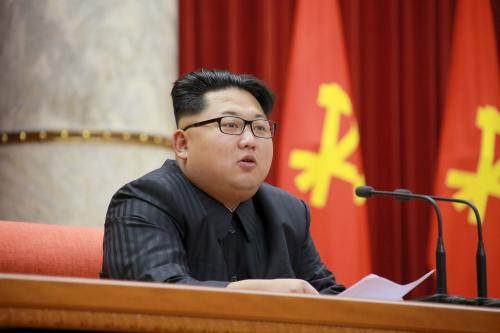

10:00 am EST - 11:30 am EST
Past Event
10:00 am - 11:30 am EST
1775 Massachusetts Avenue NW
Washington, DC
20036
North Korea’s recent nuclear test and possible upcoming satellite launch underscore the increasing dangers posed by North Korea’s weapons development program and its implications for international security and the integrity of the non-proliferation regime. The United States and its partners in Northeast Asia must develop and execute a coordinated strategy to address these ever larger risks, but will differences among the relevant countries prevent realization of a shared strategy? What are the longer-term implications should North Korea sustain its weapons development?
On February 3, the John L. Thornton China Center and the Center for East Asia Policy Studies at Brookings hosted an event to assess the wider implications of North Korea’s recent nuclear test, weigh the possible responses by the Republic of Korea, Japan, and China, and then consider the impact on U.S. policy. The event was moderated by Senior Fellow Richard Bush and panelists included Senior Fellows Katharine H.S. Moon and Jonathan Pollack and Sheila Smith of the Council on Foreign Relations.
Related Content

Jonathan D. Pollack
January 6, 2016
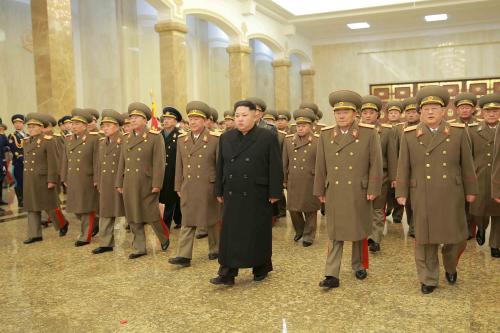
Katharine H.S. Moon
January 7, 2016
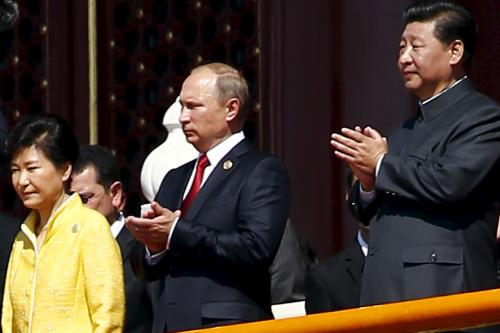
Jonathan D. Pollack
September 4, 2015
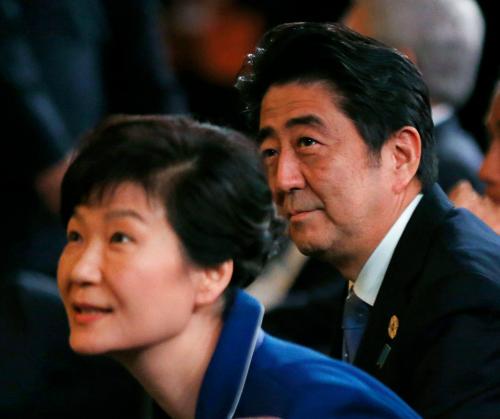
Evans J.R. Revere
August 18, 2015

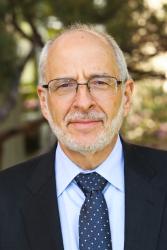


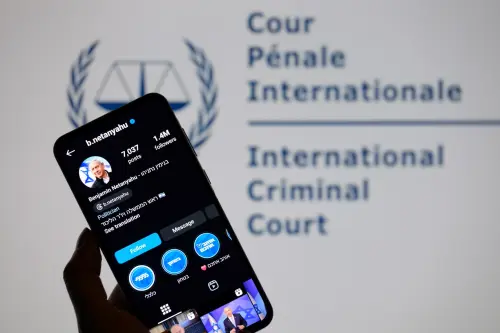
Kelebogile Zvobgo
December 20, 2024

Joshua P. Meltzer, Margaret M. Pearson
December 19, 2024
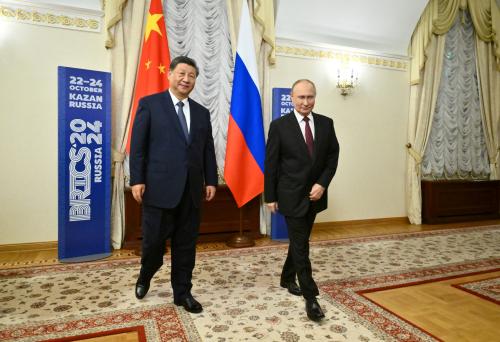
Patricia M. Kim, Aslı Aydıntaşbaş, Angela Stent, Tara Varma
December 16, 2024